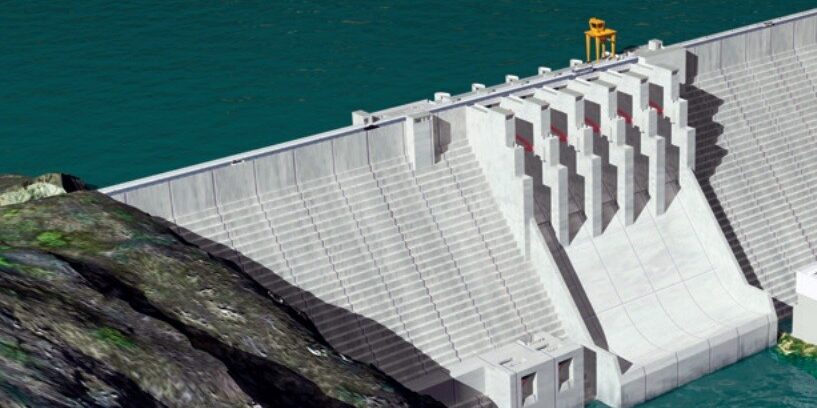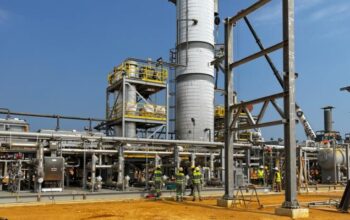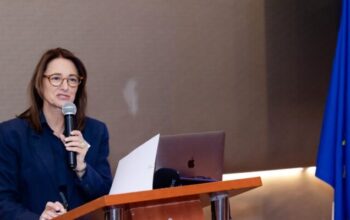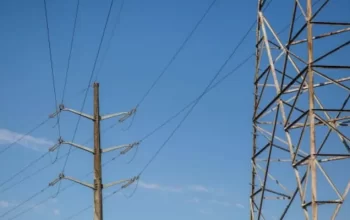The Government approved financing agreements worth more than two billion euros for water supply infrastructure, hydroelectric use and projects in the field of agriculture.
The largest financing agreement, in the amount of 1,519 million euros, refers to the implementation of the Caculo Cabaça hydroelectric plant, according to presidential orders signed by João Lourenço and consulted by Lusa.
A loan of 1,380 million euros is planned from a banking consortium comprising the banks Unicredit and Commerzbank, covered by the German Export Credit Agency ‘Euler Hermes’, to finance 85% of the value of the commercial contract, 100% of the insurance premium, 100 percent of interest during the construction period, 100 percent of immobilization fees for the materialization of the project for the supply, assembly and commissioning of electromechanical equipment.
This package also includes financing of 139 million euros for the ‘down payment’ in the amount of up to 10% of the commercial contract relating to the project, including 100% of the insurance premium of ‘Euler Hermes’ and 100% of the interest during the construction period.
Another order provides for an agreement structured by Deutsche Bank, in the amount of USD 275 million (EUR 264 million), with coverage from the United States International Development Finance Corporation/DFC, for the implementation of the project to expand the water supply in Cunene province (Cunene phase II).
Finally, the financing of 300 million dollars (288 million euros) for the coverage of the family agricultural transformation project (Mosap3) which aims to increase agricultural productivity and promote climate resilience for small producers, which will be signed between the Angolan Government and the International Bank for Development and Reconstruction.
The third phase of Mosap will support, among other components, climate change, to prepare small farmers to deal with this issue, which affects much of southern Angola.
The project was created in 2016, initially with the name of Mosap, and later Mosap II, with a view to improving food security and reducing poverty in rural areas, through increased production and marketing of products such as cassava, beans, corn, potato and vegetables.
![]()




